The COMETS consortium
6 Universities
UNITO - University of Turin, IT (coordinator)
DTU - Technical University of Denmark, DK
HVL - Western Norway University of Applied Sciences, NO
RUG - University of Groningen, NL
UB - Bocconi University, IT
UJ - Jagiellonian University, PL
TREA - Tartu Regional Energy Agency, EE
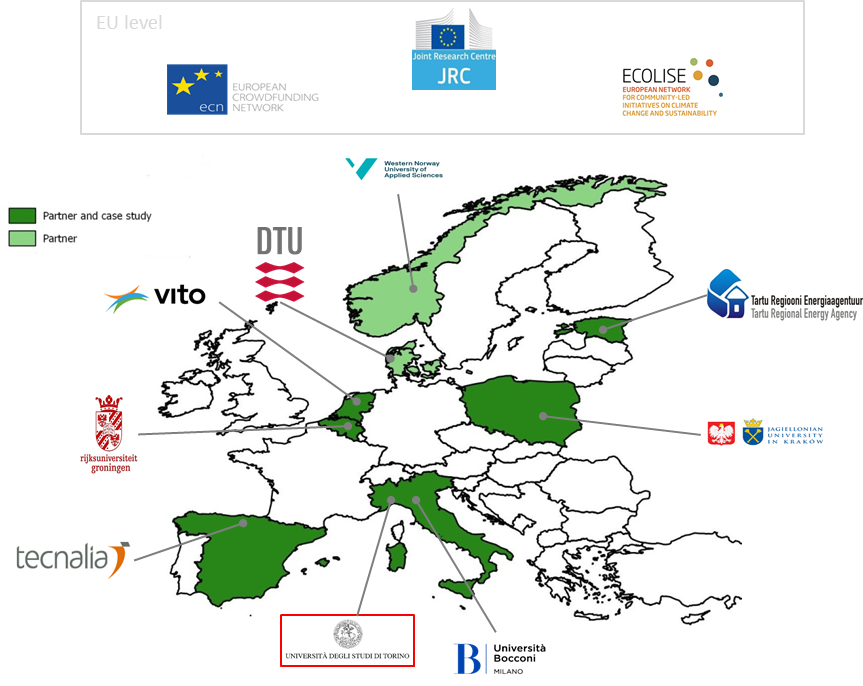
3 EU/European-level bodies
ECN - European Crowdfunding Network
ECOLISE - European Network For Community-Led Initiatives On Climate Change And Sustainability
JRC - Joint Research Centre
2 Research & Innovation centres
TECNALIA - Fundación Tecnalia Research Innovation, ES
VITO - Flemish institute for technological research, BE
Get to know us a little more...
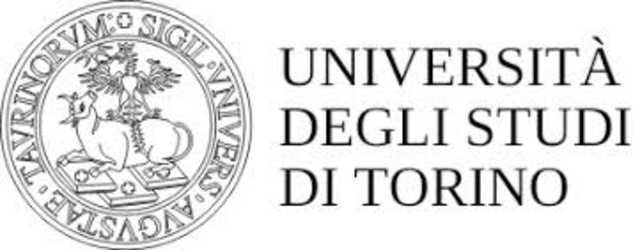
UNITO - Università di Torino, Italy (coordinator)
https://en.unito.it/The lead department from UNITO involved in COMETS is the Department of Culture, Politics and Society. It has more than 100 researchers, with different academic background (anthropologists, sociologists, political scientists, experts in international relations, political philosophers, geographers, historians and linguists), and 13 research centres. The other departments involved are the Department of Economics and Statistics ‘Cognetti De Martiis’ and the Department of Law.
The University of Turin is one of the largest Italian Universities, with about 75,000 students and 1,800 post-graduate and post-doctoral research fellows. According to the last ARWU international ranking, UNITO is ranked among the top 300 universities out of 1,200.
The long record of participation of UNITO in the EU strategic research agenda results from 115 FP7-funded research projects, among which 33 UNITO-coordinated projects. Under H2020, 82 projects have been funded so far (2014-present), among which 20 coordinated projects, and 5 ERC grants as host institution.
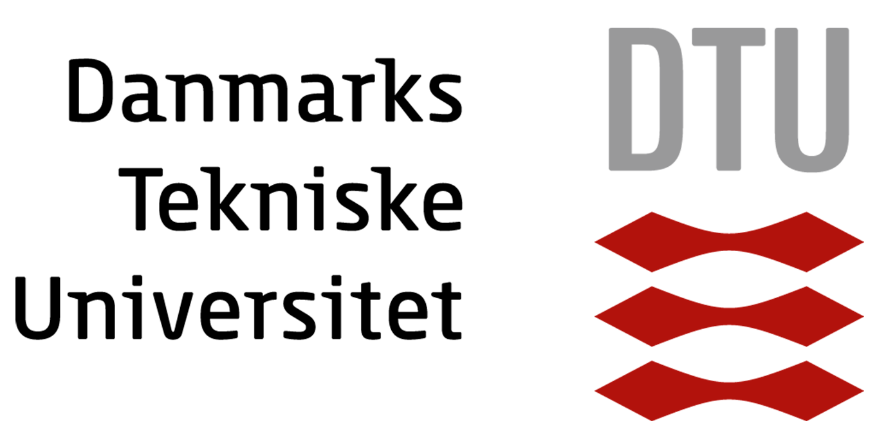
DTU - Danmarks Tekniske Universitet, Denmark
www.dtu.dkThe Technical University of Denmark is a self-governing university with education, research, government services and innovation. The university's main activities are rooted in 19 institutes, a national laboratory for sustainable energy and 8 other university units. The university's main campus is located in Lyngby, Denmark.
DTU's overall mission is to develop and create value for society. In order to do so, it is not enough to develop a new technology. The technology must also be implemented in new products and processes, which requires insight into and understanding of relevant systems at the individual and organizational and social levels. DTU Management Engineering Institute therefore aims to develop and utilize new knowledge about system analysis, production and service management, operational analysis and technology and innovation management for the benefit of society.
This contributes to knowledge-based growth and welfare, focusing on competitiveness, productivity, sustainability, innovation and entrepreneurship. At DTU Management Engineering Institute, the proposed research will be done in the Climate Change and Sustainable Development (CCSD) group. This group specifies in climate adaptation, sustainability, urban planning, smart city concepts and big data, and socio-technical transition theory in relation to energy systems.
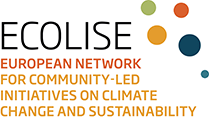
ECOLISE is a coalition of national and international networks of community-led sustainability initiatives as well as of organisations that support a community-led transition to a resilient and inclusive Europe through research, education and advocacy.
ECOLISE has more than 40 members, including international networks of community-led initiatives such as the Transition Network (representing Transition initiatives in over 1200 locations), the Global Ecovillage Network (15,000 ecovillages), the Permaculture movement (3 million practitioners globally) and ICLEI, the association of local governments for sustainability; national and regional networks; as well as several research institutes and education providers.
ECOLISE seeks to establish a common, Europe-wide agenda for community-led action, a platform for empowering community-led initiatives and for spreading and scaling innovative approaches for inclusive local and regional sustainability transitions. ECOLISE membership favours integrated approaches across sustainable lifestyle dimensions such as energy, food, housing, consumption, education and livelihoods.
Based on its experiences in mobilisation and co-creation across community-led initiatives in various countries, ECOLISE will lead the development of the Supporting Platform. Through its broad reach as a meta-network across initiatives, movements and countries, ECOLISE will facilitate participation of local initiatives in the survey and the case studies.
ECOLISE - Réseau Européen pour des initiatives communautaires sur les changements climatiques et le développement durable, Belgium
www.ecolise.eu
HVL - Western Norway University of Applied Sciences - Høgskulen på Vestlandet, Norway
www.hvl.noWith about 16,000 students and 1,800 staff, the Western Norway University of Applied Sciences is one of the largest higher education institutions in Norway, providing higher education at bachelor, master and PhD level. Western Norway is a key area for the provision of hydropower-based energy to the rest of Norway and beyond. Traditionally, the links to actors in the energy field are strong, also reflected in setting the research agenda for HVL. HVL is a member of EERA, E3S.
HVL partners in COMETS are located at the Campus in Sogndal, Department of Environmental Sciences within the Faculty of Engineering and Natural Sciences .
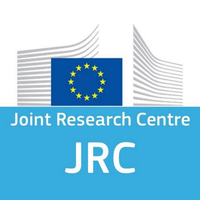
JRC - Joint Research Centre - European Commission
https://ec.europa.eu/jrc/enThe Joint Research Centre is the European Commission's in-house science service which employs scientists to carry out research in order to provide independent scientific advice and support to EU policy.
Two JRC Units participating in COMETS are: the Energy Efficiency and Renewables Unit, which supports the deployment of renewable energy technologies and energy efficiency measures; and the Foresights, Behavioural Insights & Design for Policy Unit, which informs the conception, development and implementation of EU policies across the board with insight derived from the use of design thinking, horizon scanning, foresight, science and technology studies and behavioural sciences.
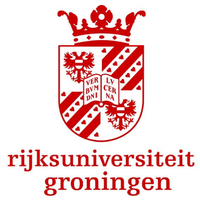
RUG Rijksuniversiteit Groningen, The Netherlands
www.rug.nlThe University of Groningen is a research university with a global outlook, deeply rooted in Groningen, Netherlands. Quality has had top priority for four hundred years, and with success: the University is currently in or around the top 100 on several influential ranking lists. To the Faculty of Science and Engineering, belongs the Energy and Sustainability Research Institute (ESRIG).
Based on the vision that abundant and cheap supply of energy is one of the most positive things that ever happened to humanity, and that the continuation (and extension) of this supply is crucial and at the same time threatened, ESRIG has formulated its mission: "Contribute to sustainable energy utilization and resource exploitation in the coming century for more people".
Translated into practice this implies performing excellent energy and sustainability research, both fundamental, applied, and reflective. The institute's character is balanced, with research varying from experimental (laboratory and field experiments) to model studies and research into societal interaction with scientific knowledge. Interdisciplinary approach has always been a constitutive element of research and teaching activity at ESRIG, to be achieved through the mutual understanding and cooperation of different groups.
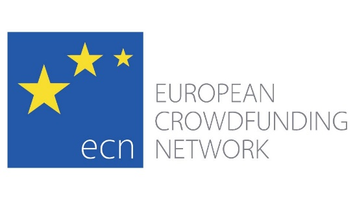
ECN The European Crowdfunding Network, Belgium
https://eurocrowd.org/The European Crowdfunding Network, based in Brussels, is a professional network promoting adequate transparency, (self) regulation and governance while offering a combined voice in policy discussion and public opinion building. We support our members in carrying initiatives aimed at innovating, representing, promoting and protecting the European crowdfunding industry.
ECN main tasks aim to:
• Promote crowdfunding as a viable offering of job creation, social innovation and boost to entrepreneurship to the European public, policy makers and stakeholders; • Provide resources, professional support and a forum for collaborative action regarding crowdfunding; • Publicize community successes, impacts and scale of ambitions, as well as promote innovative financial solutions for funding social & business projects.

TECNALIA - - Fundación Tecnalia Research & Innovation, Spain
www.tecnalia.comFundación Tecnalia Research & Innovation is the leading private, non-profit, and independent research and technology entity in Spain and one of the largest in Europe, employing around 1,300 people (225 PhDs).
TECNALIA is a key agent in the European Research Area, holding position 11th among RECs and 23rd overall in EC’s 7th FP7 Monitoring Report. TECNALIA was very active in FP7, participating in 377 projects and coordinating 81 of them; in H2020 TECNALIA is similarly active and participates in 131 projects, coordinating 29 of them, up to December 2016.
TECNALIA partners in COMETS conduct their activities within the POINT team. POINT works in close collaboration with the technological divisions to explore, define and recommend those actions that help to turn technological progress into social and market innovation. The team has conducted work on supporting R&I policy-making in several research projects (FP7 and H2020), service contracts with different directorates and agencies of the European Commission (DG RTD, DG GROW, EASME, DG REGIO, DG CNCT, DG MOVE, and DG DEVCO) and experimenting public policy in practice, improving strategies for territories and regions (INTERREG, ESPON, regional and local funded projects).

TREA -Tartu Regiooni Energiaagentuur, Estonia
www.trea.eeTartu Regional Energy Agency (TREA) was founded in 2009 in cooperation of City of Tartu and Tartu Science Park to promote sustainable energy and energy management in the region. The agency is focused on sustainable energy development and deals with the main issues of modern energy management: energy efficiency, efficient mobility, efficient construction and renewable energy sources and production.
Energy performance in buildings, efficiency in street lighting and in renewable energy systems, fostering co-operation between public and privet sector are main TREA work fields. TREA is also closely involved with current activities in Estonia related to fostering renewable energy cooperatives, mainly through the participation in the Interreg BSR Co2mmunity project.
TREA is playing a strategic role for developing the regional energy agenda and giving impetus for change. It gathers data about the region, analyses it and provides outputs for the relevant policymakers and other stakeholders. TREA also supports local stakeholders with independent and objective advice about local energy management.
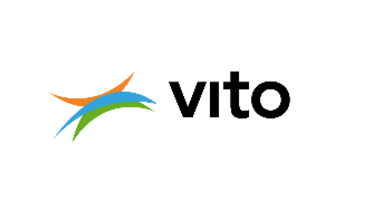
VITO - Vlaamse Instelling voor Technologisch Onderzoek, Belgium
www.vito.be/enCOMETS will specifically be carried out by the unit of ‘Sustainable Energy and Built Environment’ (SEB). Since 2012 the unit SEB is part of EnergyVille, a collaboration between the Flemish research partners KU Leuven, VITO, imec and UHasselt in the field of sustainable energy and intelligent energy systems (www.energyville.be).
This unit has over 40 researchers that implement the transition to a more sustainable society. The expertise of this unit lies in the field of energy policy evaluation, energy modelling, energy efficiency, renewable energy, energy transitions, energy behaviour, user acceptance and engagement. VITO-SEB has a long experience in (inter)national research projects and has participated / is participating in a number of ongoing and recently completed EU funded projects (e.g. S3C, ARTS, STRATEGO, STEP-UP, ECODISTR-ICT). Since 2012, the SEB unit is part of the ‘EnergyVille’ collaboration / Joint Venture with the University of Leuven and R&D centre IMEC.
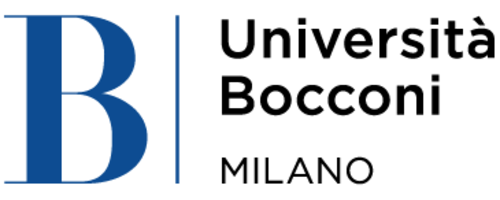
UB - Università Commerciale Luigi Bocconi, Italy
www.unibocconi.itBocconi University is considered the leading university in Business and Economics in Italy and worldwide. The QS World University Rankings listed us among the ten best institutions in Europe in these fields, while the Financial Times ranks our Master degrees in Finance and Management among the top ten worldwide.
Currently Bocconi University has more than 14,000 students enrolled, of whom more than 2,000 international, over 1.300 faculty members and around 600 administrative staff (at 31.12.2016 ). At present, it is involved (as coordinator or partner) in about 60 Socio-Economic Sciences and Health projects funded by the European Union and other international and national donors. The positioning of Bocconi University in terms of grants from the European Research Council is especially significant: in the economics, management and finance sector (SH1) we place third in Europe for the number of grants received.
Bocconi University partners in COMETS conduct their activities at the Centre for Research in Geography, Resources, Environment, Energy and Networks (GREEN).
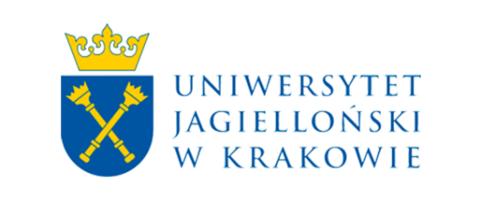
UJ Uniwersytet Jagiellonski, Poland
https://en.uj.edu.pl/Jagiellonian University is a top research university in Poland. The academic level of the University is indicated by the fact that almost every faculty has received category 1, the highest, in the official rankings of the Ministry of Science and Higher Education. Researchers from Jagiellonian University are involved in numerous researches referring to social change, public policies and social factors in system transitions.
In 2012 a new research team, the Institute of Sociology, was funded. The team consists of experienced researchers, specialised in analyses of media discourses (also archival) associated with specific topics, institutional discourses and designing dialogue processes – including creating participatory strategies, and social policies in organisations. Researchers cooperate as part of an expert team on ‘Dialogue for policy’.
The Institute has its own professional focus studio and offers the service of designing and conducting social research to external partners.
For general information about COMETS: info@comets-project.eu
For specific details coordinator@comets-project.eu

